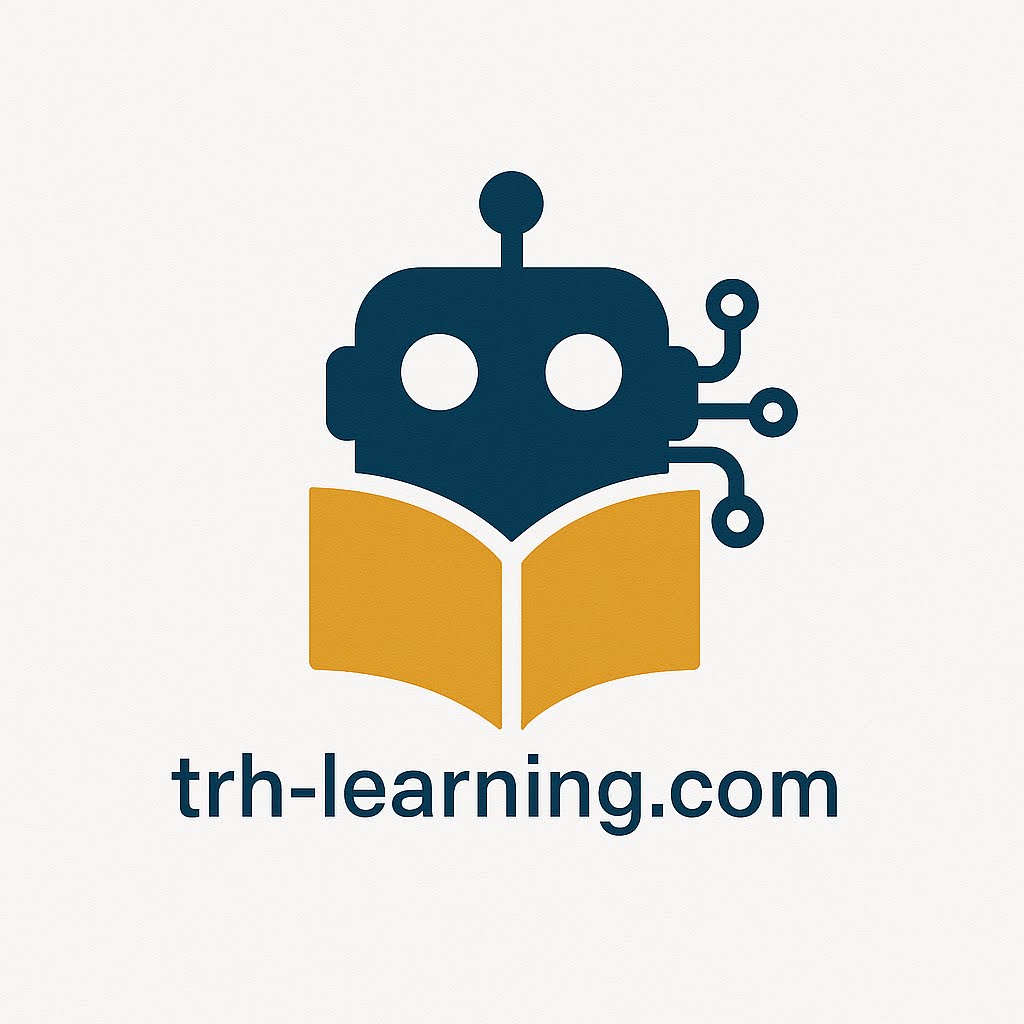"GCSE Physics Discovery: Understanding Atomic Structure Through Interactive Simulations"
Understanding Atomic Structure Through Interactive Simulations
Understanding Atomic Structure
Atomic structure is a fundamental concept in GCSE Physics, providing the foundation for understanding matter and its interactions. Interactive simulations offer a dynamic way to explore this topic, making abstract concepts more tangible.
The Basics of Atomic Structure
Atoms are the building blocks of matter, consisting of a nucleus surrounded by electrons. The nucleus contains protons and neutrons, while electrons orbit in various energy levels. Understanding these components is crucial for grasping more complex physics concepts.
Benefits of Interactive Simulations
- Engagement: Simulations make learning more engaging by allowing students to visualize and manipulate atomic models.
- Conceptual Understanding: They help in understanding the arrangement and behavior of subatomic particles.
- Experimentation: Students can experiment with different scenarios, observing outcomes without the constraints of a physical lab.
Recommended Simulation Tools
Several online platforms offer interactive simulations for atomic structure. These tools often include features like adjustable parameters and real-time feedback, enhancing the learning experience.

Integrating Simulations into Learning
Teachers can integrate simulations into their lesson plans to complement traditional teaching methods. This approach caters to various learning styles and can improve retention and understanding.
“Interactive simulations bridge the gap between theory and practice, making complex scientific concepts accessible to all learners.”
For more resources on atomic structure and interactive learning tools, explore educational websites and platforms dedicated to physics education.
Browse Categories 📚
Ready to boost your learning? Explore our comprehensive resources above, or visit TRH Learning to start your personalized study journey today!